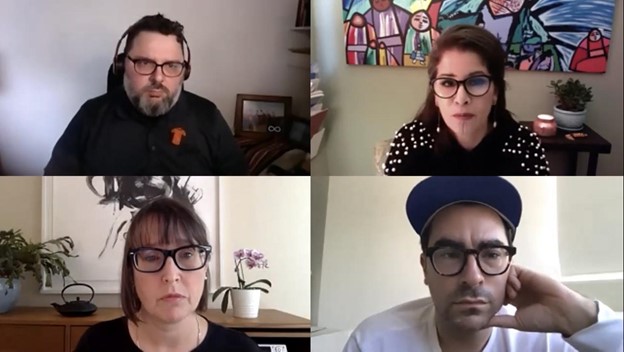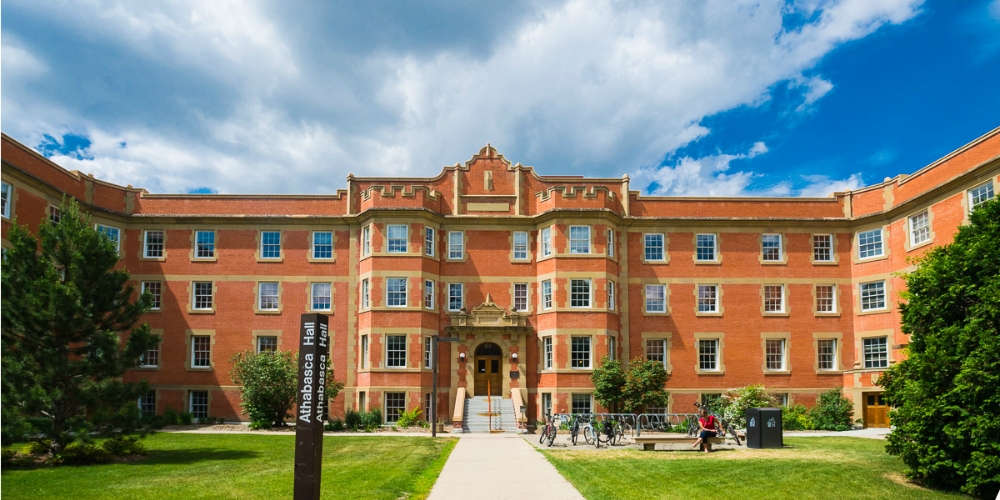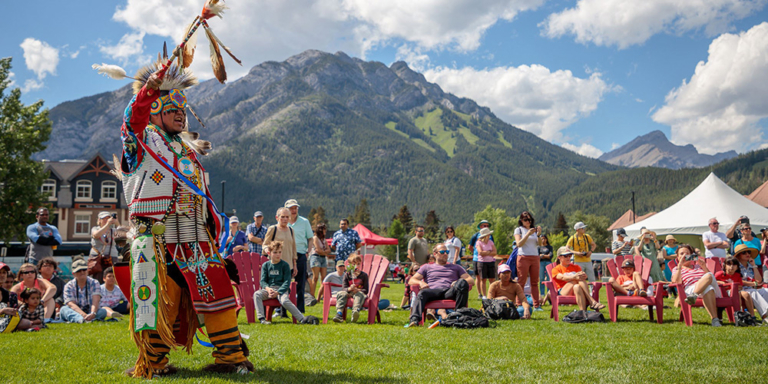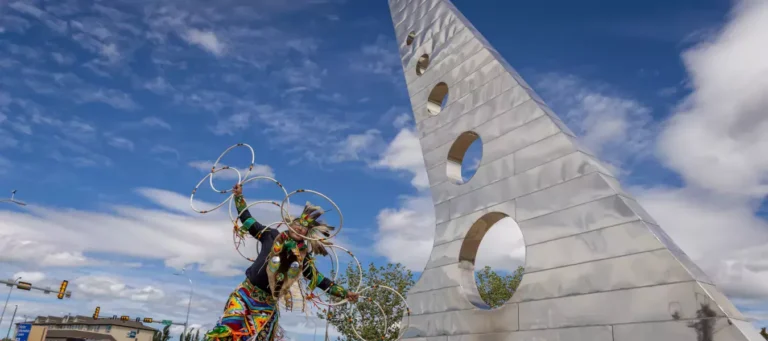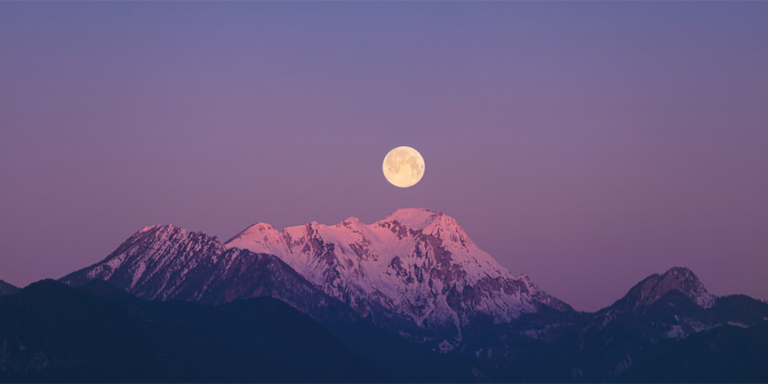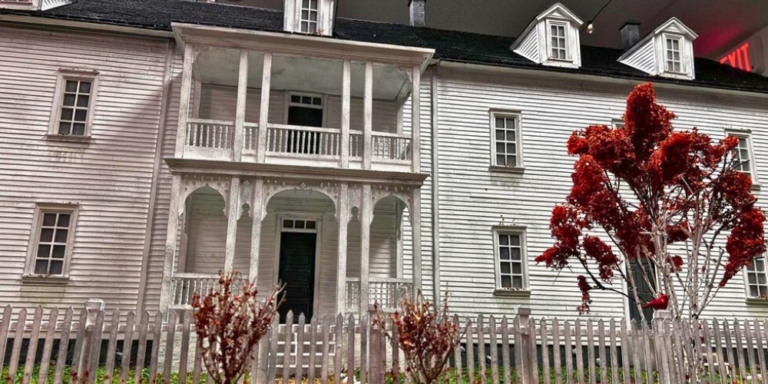University is an eye-opener for fresh high school graduates. Rowdy dorm parties, overnight study sessions, and Kraft Dinner meal plans take getting used to.
But for Katie Bidulock, her biggest surprise was the curriculum.
She graduated from high school in 2000, before the Truth and Reconciliation Commission reports came out.
As a high school student, Bidulock didn’t learn about the harrowing history of Indigenous people in Canada.
The veil was finally lifted when she arrived at university and learned of our country’s mistreatment of Indigenous people.
“I’m one of a generation that didn’t talk about it in school…I felt very surprised about the learning I was suddenly doing in university. I was shocked at the history and whose voices were missing in the learning I had done up to that point,” Bidulock told the Cochrane Eagle.
One course helped Bidulock build her understanding of Indigenous history: Indigenous Peoples and Canada.
Catching Up on Essential Knowledge
Indigenous Peoples and Canada is a new micro-course offered through the University of Alberta’s Faculty of Native Studies.
Micro-courses are much shorter than regular courses but are packed with important information.
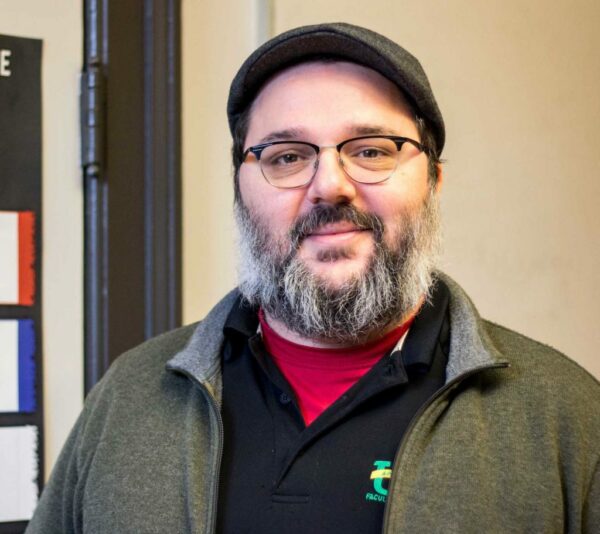

Indigenous Peoples and Canada was inspired by the longer Indigenous Canada course, a popular free course.
Indigenous Canada saw almost 65,000 people enroll after Schitt’s Creek creator Dan Levy signed up for the course.
Both courses explore the rich history of Indigenous peoples and their perspectives.
Paul Gareau teaches Indigenous Peoples and Canada. He describes the course as a shorter, more accessible version of 12-lesson Indigenous Canada.
Gareau is an associate professor and dean in the Faculty of Native Studies. He is Métis from the Batoche Homeland in Saskatchewan.
“It’s a good basic tool for workers in the private and public sectors to engage in. They can apply it to their own work in Indigenous engagement in fields like education, legal structures and government,” said Gareau.
Indigenous Peoples and Canada is divided into six modules and requires eight to 10 hours of work. The curriculum combines activities and knowledge checks.
When Bidulock took the course, one of the class assignments involved writing to a member of Parliament about an important issue, she wrote about the need for clean drinking water in Indigenous communities.
“I appreciated being asked to do it as something that may not impact me directly but that I care deeply about. I’m going to advocate more for Indigenous issues that can benefit from additional voices,” said Bidulock.
The course covers Indigenous worldviews, gender, strength, treaties, residential and day schools, influential figures, and more.
But the course is about more than education; it’s about shifting students’ minds to be open to understanding Indigenous experiences further.
Changing our mindset is one step toward erasing racist narratives surrounding Indigenous peoples in in Canada.
